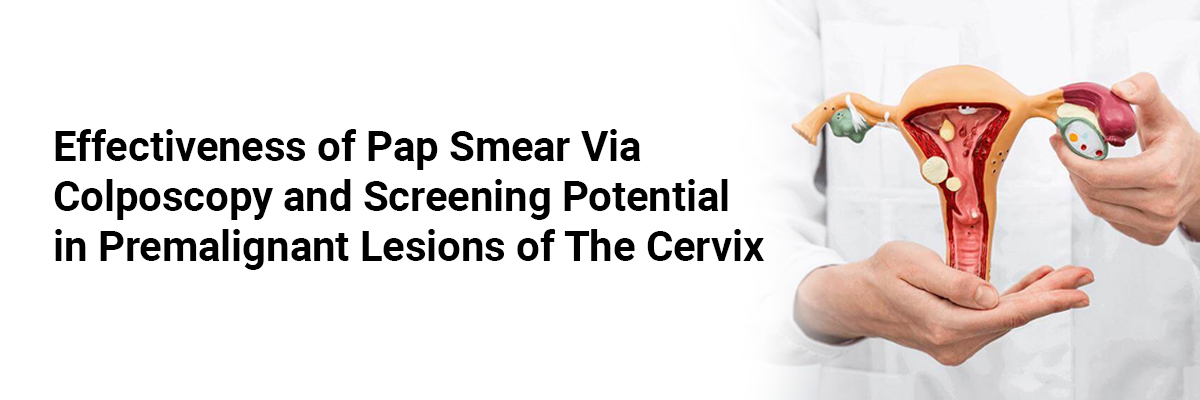
 IJCP Editorial Team
IJCP Editorial Team
Effectiveness of pap smear via colposcopy and screening potential in premalignant lesions of the cervix
Cervical cancer is a significant public health concern, especially in developing countries, where approximately 80% of cases are diagnosed. Despite being a preventable disease, it remains widespread. In India, cervical cancer constituted 9.4% of all cancer cases and 18.3% of new cancer cases in 2020. However, cervical cancer is now considered preventable through screening and curable, especially when detected early, highlighting the importance of prevention.
A new study aimed to identify abnormal cervical appearances indicative of carcinoma. The study enrolled 329 women attending the OPD clinic at the Integral Institute Of Medical Sciences and Research hospital over 18 months. With their consent, the participants underwent VIA, Pap smear, and colposcopy tests.
The results showed that 18.5% of the cases were VIA-positive, while 81.5% were VIA-negative. Among the VIA-positive cases, 77% of the Pap smears were abnormal, with various abnormalities identified. Of note, among the VIA-negative cases, all Pap smears were normal. Colposcopies were performed on 61 participants, and among the VIA-positive cases, 73.6% were positive for cervical intraepithelial neoplasia (CIN) or other abnormalities. Biopsies were conducted on all colposcopy patients, revealing various findings, including CIN I, chronic cervicitis, squamous cell carcinoma, and adenocarcinoma in situ.
In conclusion, VIA offers a promising alternative to cytology for detecting precancerous cervical lesions due to its cost-effectiveness, immediate results, and high sensitivity and specificity. In resource-limited settings like India, VIA is particularly valuable as it allows for prompt counseling and referral for treatment, reducing delays in diagnosis and treatment.
Source: Khan M F F, Gupta B, Srivastava M, Lata K, Singh V, Twinkle. Indian J Obstet Gynecol Res 2023;10(3):247-253

IJCP Editorial Team
Comprising seasoned professionals and experts from the medical field, the IJCP editorial team is dedicated to delivering timely and accurate content and thriving to provide attention-grabbing information for the readers. What sets them apart are their diverse expertise, spanning academia, research, and clinical practice, and their dedication to upholding the highest standards of quality and integrity. With a wealth of experience and a commitment to excellence, the IJCP editorial team strives to provide valuable perspectives, the latest trends, and in-depth analyses across various medical domains, all in a way that keeps you interested and engaged.





















Please login to comment on this article